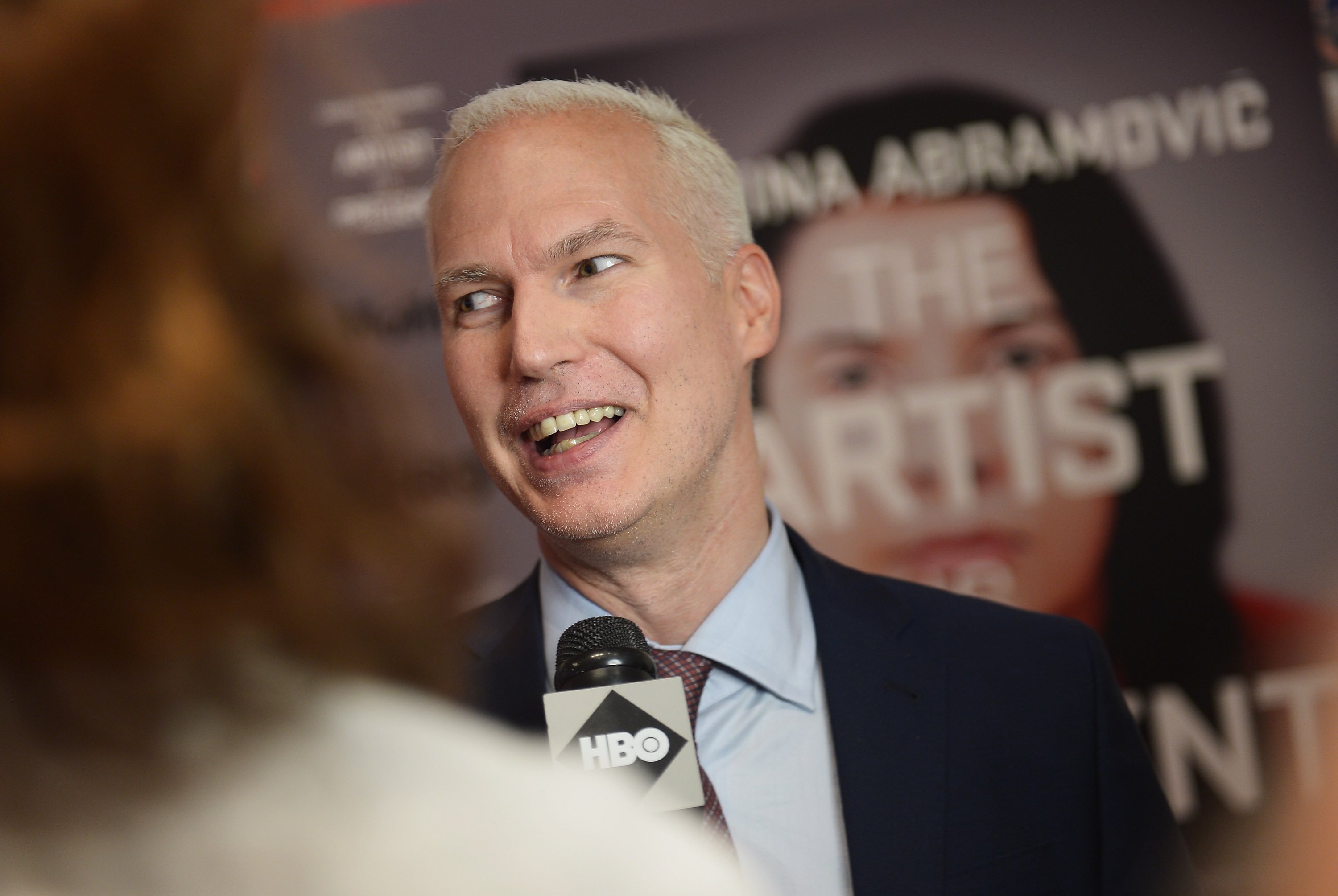
Yet another change in leadership is coming to the Museum of Contemporary Art, Los Angeles. This week, in a unexpected letter to employees, the institution announced that Klaus Biesenbach will move from his current post as director to that of artistic director, while the museum’s board will seek a candidate to fill the newly created position of exective director.
Biesenbach’s new role won’t look entirely different than it does now, according to MOCA’s letter, a copy of which was shared with Artnet News. He and the incoming director will split duties overseeing the museum’s operations, with Biesenbach focusing on “programming, collections, and exhibitions and furthering the museum’s major development efforts, as well as international and digital outreach.”
The new executive director, meanwhile, will be responsible for the “overall management and operations of the museum, including establishing key strategic, institutional, and capital priorities, long range planning, as well as the implementation and advancement of critical initiatives of the Museum,” according to the letter.
The Museum of Contemporary Art, Los Angeles. Photo: Education Images/Citizens of the Planet/UIG via Getty Images.
Biesenbach will begin his new role upon the hiring of the executive director. Both positions will report to the MOCA board.
“We recognize the need to prioritize an investment in our team,” the letter reads. “We also feel the weight of limited governmental support for museums like MOCA, leading to a heavy reliance on private fundraising.”
“With these pressing priorities in mind,” it goes on, “we have concluded that the singular role of one director to oversee all daily operations, long-term planning, fiscal management, programming, collections management, human resources, fundraising, artist and donor relations, and other internal and external matters for a museum of our size cannot best further our mission and serve our community and team.”
The board will establish a search committee and bring on an outside firm to assist with the effort.
Njideka Akunyili Crosby, installation view, Obodo (Country/City/Town/Ancestral Village) (2018), on
MOCA Grand Avenue, Los Angeles. Courtesy the artist, Victoria Miro, and David Zwirner. Photo by Elon Schoenholz.
MOCA’s leadership shakeup is the latest in a string of tumultuous changes at the top of the institution’s hierarchy over the last dozen years. The 2007 financial crisis pushed the museum to the brink of permanent closure before it was saved by a $30 million donation from philanthropist Eli Broad. Jeremy Strick, MOCA’s director at the time, resigned as part of the arrangement.
In stepped dealer Jeffrey Deitch, whose tenure lasted from 2010 to 2013, when he resigned amidst a swarm of controversy after firing longtime museum chief curator Paul Schimmel.
Next came Philippe Vergne, the former director of the Dia Art Foundation, who joined MOCA in early 2014. But his turn at the museum found a similar fate to that of his predecessor: In May 2018, Vergne and the institution’s board mutually agreed not to renew the director’s contract—a move many saw as being directly related to his contentious firing of chief curator Helen Molesworth for “undermining the museum.”
No such controversies have plagued the tenure of Biesenbach, who was picked as MOCA’s new director in the summer of 2018. But, of course, other problems outside his control have: In the face of the pandemic, the museum’s revenue dropped 26 percent over the last fiscal year, while its membership numbers have shrunk by 32 percent, according to the Los Angeles Times.
Last March, MOCA laid off 97 part-time employees and furloughed or reduced the salary of 69 full-timers. Those in the latter group have all since returned to work.